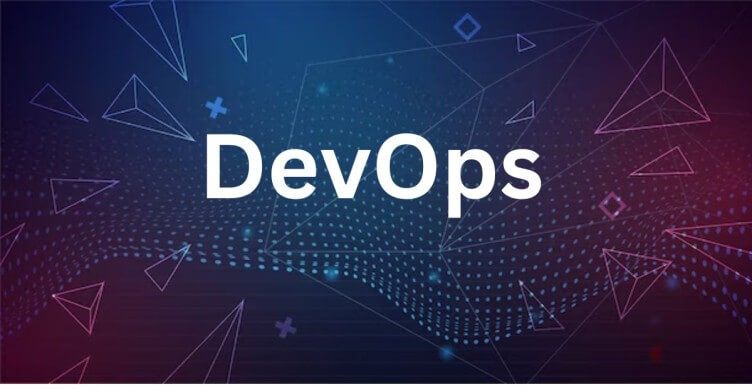
Unleashing The Power of DevOps Exploring the 5 Key Principles
In the rapidly evolving world of IT and software development, DevOps has emerged as a game-changing philosophy. Its core purpose? To enhance efficiency and collaboration between the teams responsible for software development and IT operations. DevOps is not just a set of technical practices, but also a culture and a way of thinking about software development and delivery. Today, we’ll explore the five key principles of DevOps and offer real-life examples to illustrate how they can revolutionize your workflow.
End-to-End Responsibility
DevOps is a set of practices that combines software development (Dev) and IT operations (Ops) to shorten the systems development life cycle and ensure a smooth and efficient delivery of software products or services. One important aspect of DevOps is the concept of end-to-end responsibility, which emphasizes the need for developers and operations teams to collaborate closely and take ownership of the entire software delivery process.
Continuous Improvement
The importance of continuous improvement in DevOps and provides insights on how to foster a culture of learning and innovation within organizations. It emphasizes the idea that improvement is an ongoing journey rather than a one-time event. It highlights the benefits of embracing a growth mindset, encouraging experimentation, and creating feedback loops to identify areas for improvement. The article also offers practical strategies and tools that teams can use to drive continuous improvement, such as value stream mapping, retrospective meetings, and automation. Overall, it provides a comprehensive guide for organizations seeking to cultivate a culture of continuous improvement in their DevOps practices.
Automate Everything
This informative article by Puppet focuses on the principle of automating everything in DevOps to achieve streamlined processes and enhance efficiency and reliability. It highlights that automation is a key enabler for accelerating software delivery, reducing errors, and enabling teams to focus on higher-value tasks.
-
The benefits of automation across different stages of the software development lifecycle, from code deployment to testing and infrastructure provisioning.
-
It emphasizes the importance of adopting tools and technologies that facilitate automation, such as configuration management systems, continuous integration/continuous deployment (CI/CD) pipelines, and infrastructure-as-code practices.
-
Additionally, the article provides practical insights on identifying suitable areas for automation and offers best practices for successful implementation.
-
Overall, it serves as a valuable resource for organizations seeking to embrace automation as a core tenet of their DevOps practices, enabling them to achieve greater efficiency, reliability, and scalability in their software delivery processes.
Work as One Team
working as one team in DevOps and explores strategies for fostering collaboration and breaking down organizational silos. It highlights that DevOps is not solely about technology but also about the people and culture within an organization.
-
Emphasizes the need for cross-functional teams, where developers, operations personnel, and other stakeholders collaborate seamlessly throughout the software delivery lifecycle.
-
It discusses the benefits of this approach, such as improved communication, faster feedback loops, and a shared sense of ownership.
-
Offers practical tips for fostering a collaborative culture, such as promoting transparency, fostering empathy, and aligning goals and metrics across teams.
-
With its focus on people and teamwork, this article serves as a valuable resource for organizations looking to embrace the “One Team” mindset in their DevOps journey, ultimately leading to increased productivity, innovation, and overall success.
Monitor and Measure Everything
DevOps emphasizes the importance of monitoring and measuring everything in DevOps and how it drives continuous improvement through data-driven insights. It emphasizes that effective monitoring and measurement practices enable organizations to gain visibility into their systems, identify bottlenecks, and make informed decisions for enhancing performance and reliability.
-
The importance of setting up comprehensive monitoring solutions that capture both operational and business metrics, including application performance, infrastructure health, and customer experience.
-
It emphasizes the need for real-time monitoring and proactive alerting to detect and address issues promptly. Additionally, the article explores the role of metrics in facilitating continuous improvement, such as measuring key performance indicators (KPIs), conducting post-incident reviews, and leveraging feedback loops for iterative enhancements.
-
With its practical guidance and emphasis on leveraging data for improvement, this article serves as an excellent resource for organizations aiming to establish robust monitoring and measurement practices within their DevOps workflows.

PS- We release newsletters every week, Subscribe and share with your network. We hope this newsletter has provided valuable information. Follow RazorOps Linkedin Page Razorops, Inc.





